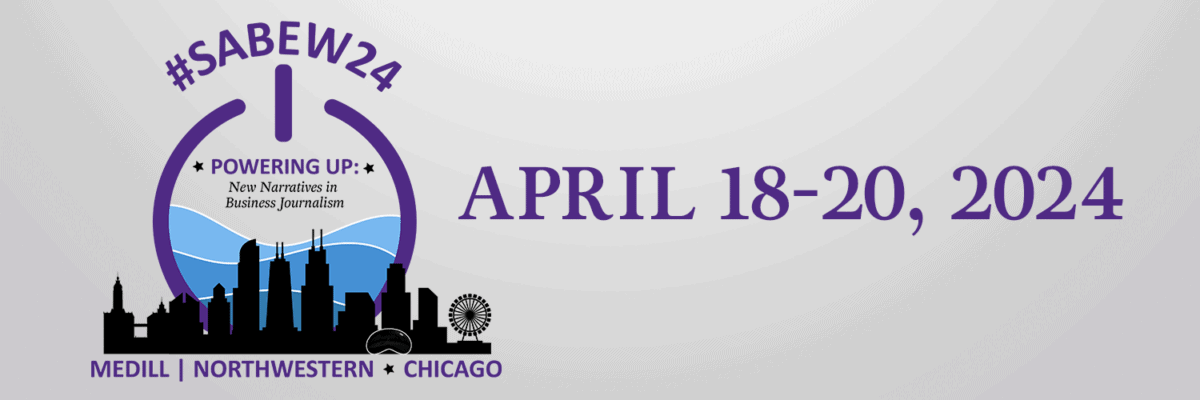By Jayla Johnson
As I have gotten older, I have learned that where you put your money matters. Quick fixes to things can do more damage than good.
When I was hungry, I just went to the closest grocery store or fast-food restaurant. I didn’t do research on who my money would go to or what system I was supporting.
One day, I was watching the first episode of “Trigger Warning,” a documentary series that addressed the complex issues of supporting Black businesses and the overall Black economy. In one episode, rapper Killer Mike said that according to studies, the Black community can only keep one dollar in their economy for six hours before spending it at a non-Black business.
His assertion made me question the wealth structure. Where can I can see the prosperity in those who look like me?
In a capitalist society, the look and common denominators of the upper class does not tend to change. According to USA Facts, white people comprise 60% of the American population and own 85% of the wealth.
I didn’t realize how the structure of businesses and monetary power worked until I was an older teenager. My parents made it a point to always take me to Black doctors, Black restaurants, Black hair stylists, and other Black businesses my entire life, but I never seemed to get the point.
I asked my mother why other people of color don’t do the same, and she said most people make the choice that is most convenient and cost-effective. I hoped to be different.
I developed an intentional financial plan to begin this work within myself. I took the list of the non-Black businesses I frequently support and researched equivalent Black businesses. I made a plan to support Black businesses at least once a week and a promise to myself to limit excuses. Anytime my friends ask to go places with me, I purposefully suggest a Black business.
When I came to the University of Georgia in 2017, I asked about the different businesses people support that are close to campus. Most people recommended the main restaurants across from the university in downtown Athens, which were mostly white-owned. It took me a while to find more Black businesses.
After this experience, I realized that most differences start with one person making adjustments to their spending habits, and this will eventually lead to a larger influence. I decided to take my passion about supporting Black businesses to social media.
Every time I visit a new Black business, I post a review on Instagram or Twitter. Recently, I started a podcast and decided this would be the topic of my first episode.
I have realized that in a society made to keep my race of people socially and economically disadvantaged, I have to play a part in changing it. So, the next time you make a purchase just because it’s easier, ask yourself: who really gets the wealth from this?
Jayla Johnson is studying journalism at the University of Georgia. She is a 2020 Cox-SABEW Fellow, a training program in partnership with UGA’s Cox Institute for Journalism Innovation, Management & Leadership.






